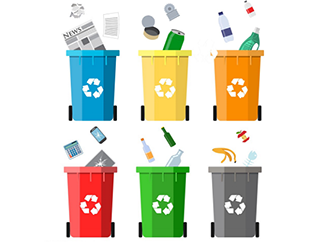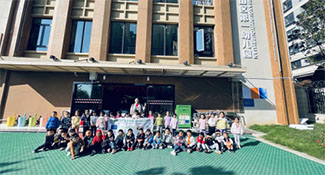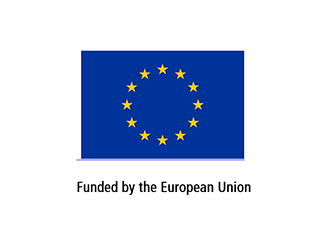consent_cookie
Duración: 1 year
Stores the user's cookie consent state
12-01-2023
Containers for selective waste collection are common on the streets of cities and municipalities in the province of Yunnan, in China. Now, well, they are not so much in educational centers, despite the fact that they are great generators of discarded material, given that school communities are made up of tens of thousands of people, including students, teachers, support staff, etc. In addition, schools do not usually have a waste management program.
For this reason, the team of the EU-Humana Yunnan Low Carbon Schools Pilot Project has launched a pilot program that consists of placing containers for the different fractions -paper, glass, packaging...- in Kunming nursery schools. . The Pueblo para Pueblo Foundation has been developing this project in China since 2020, with funding from the European Union and the collaboration of a prominent group of local organizations.
Establishment of good habits among the little ones
The best stage to develop good habits is between the ages of 3 and 6. For this reason, the project team is working with the schools so that, in turn, they influence the boys and girls about the importance of reusing and recycling. In addition, the containers are located in places that are also well visible to parents. This is intended to generate a common awareness of the need to give a second life to objects and reduce the carbon footprint, to contribute to the fight against climate change.
Immediately the boys and girls have begun to place the used paper, milk cartons and other waste in the appropriate container. In addition, with the help of their fathers and mothers, they are bringing obsolete objects to school to prevent them from becoming waste. This collaborative spirit is making it possible to generate green educational campuses, more aware of global warming and how we can individually and as part of the community contribute to reducing emissions.
It is, at the same time, a whole call to action that starts from nursery schools and from the youngest school community. Forward with the second life of objects and with their recycling.


